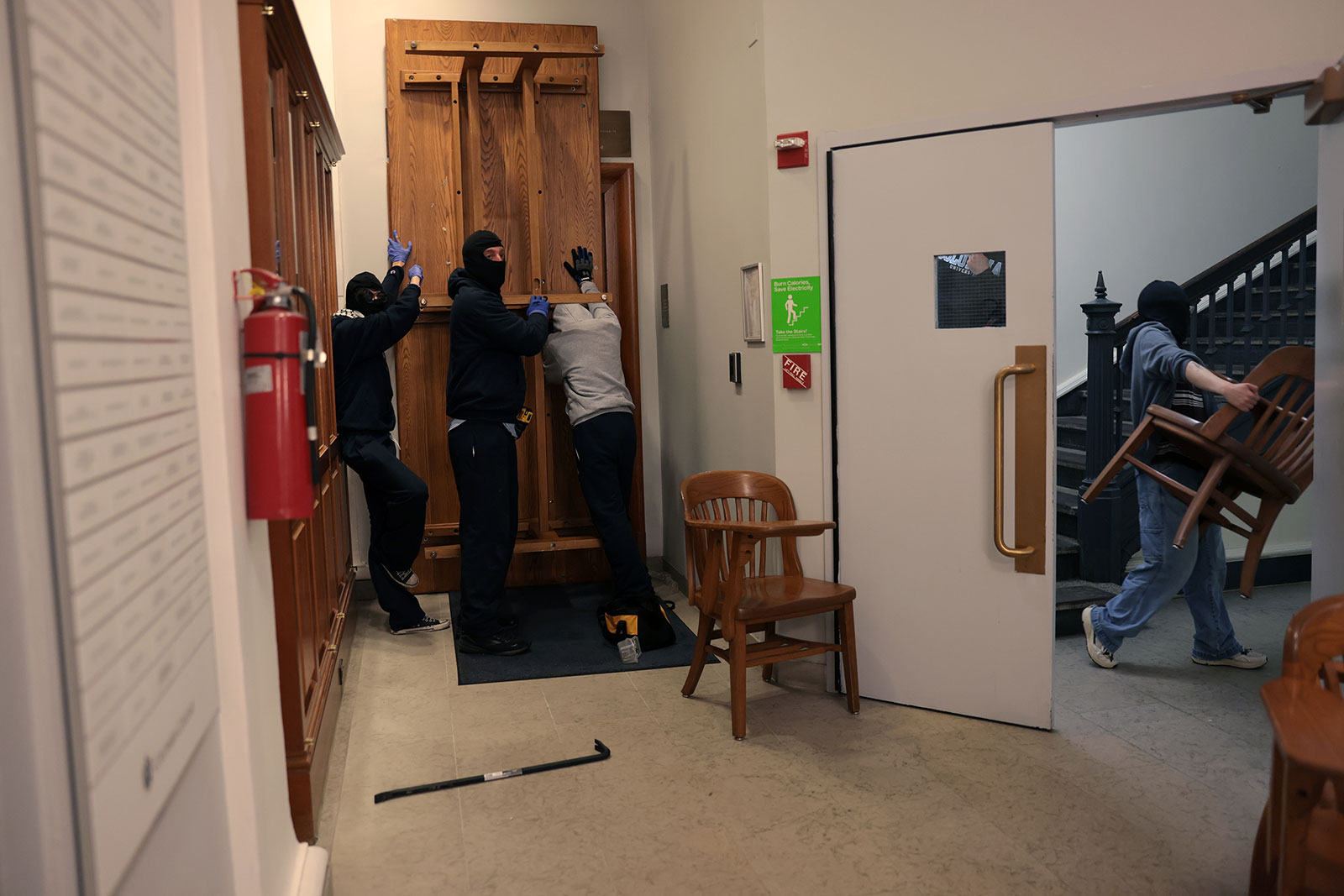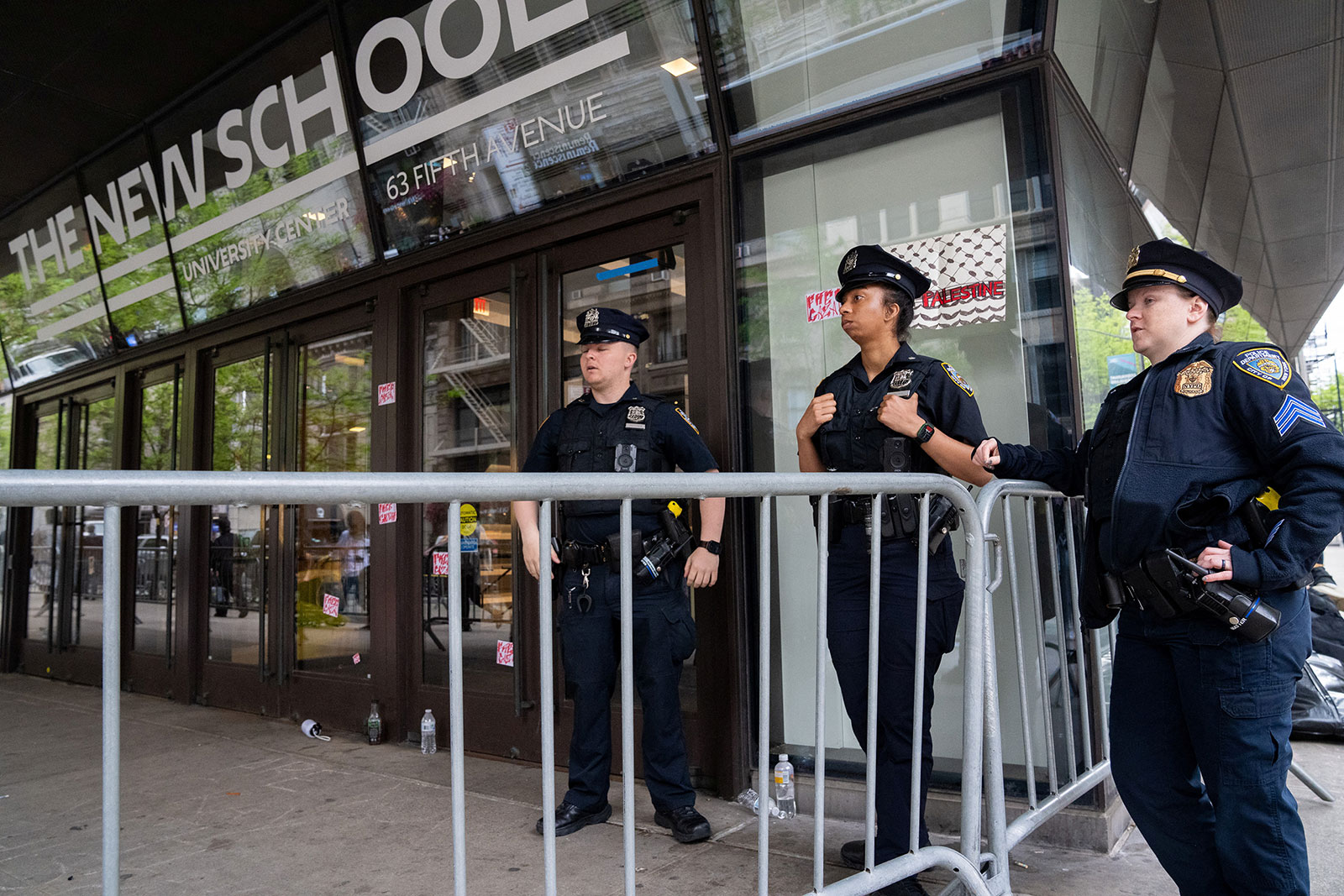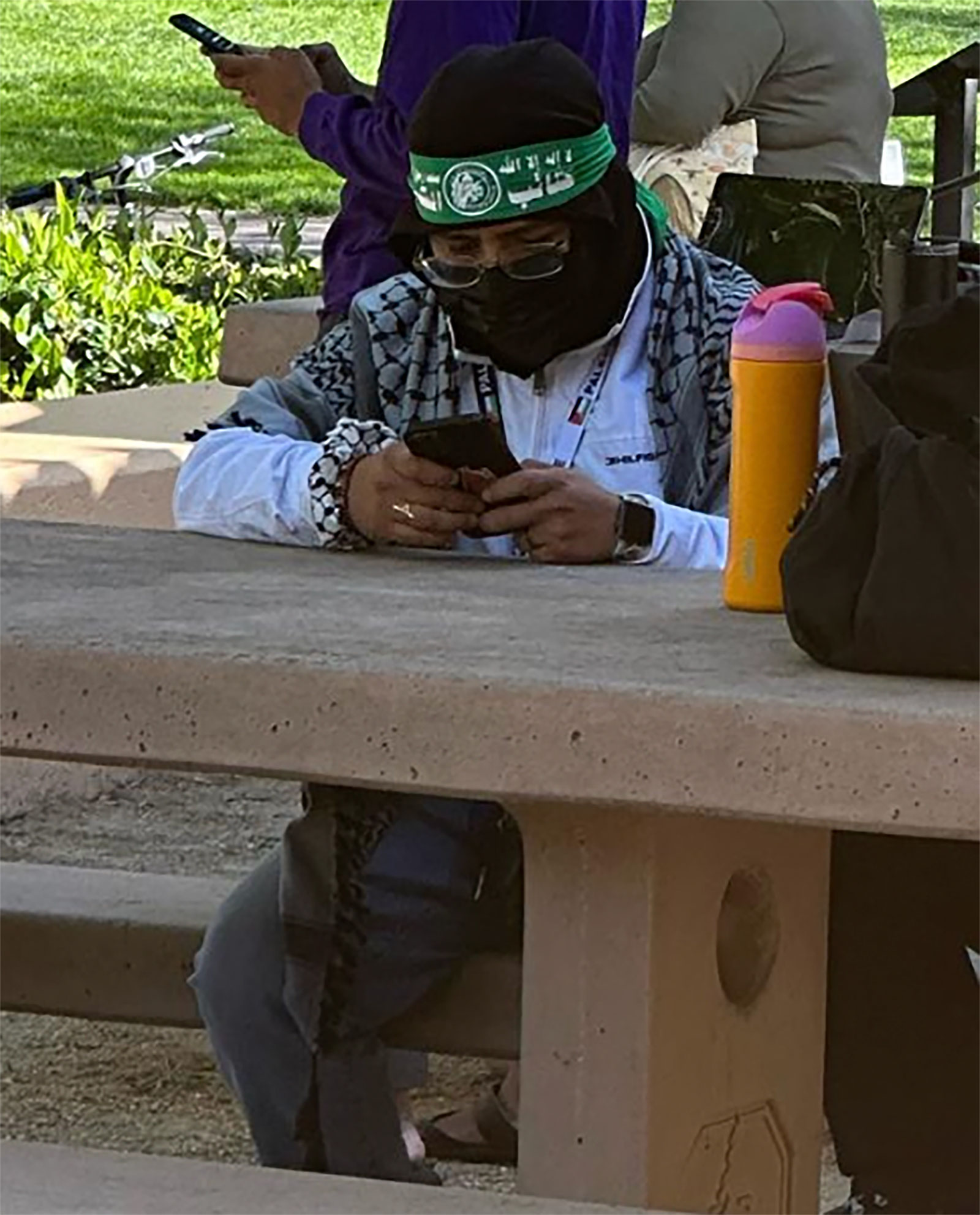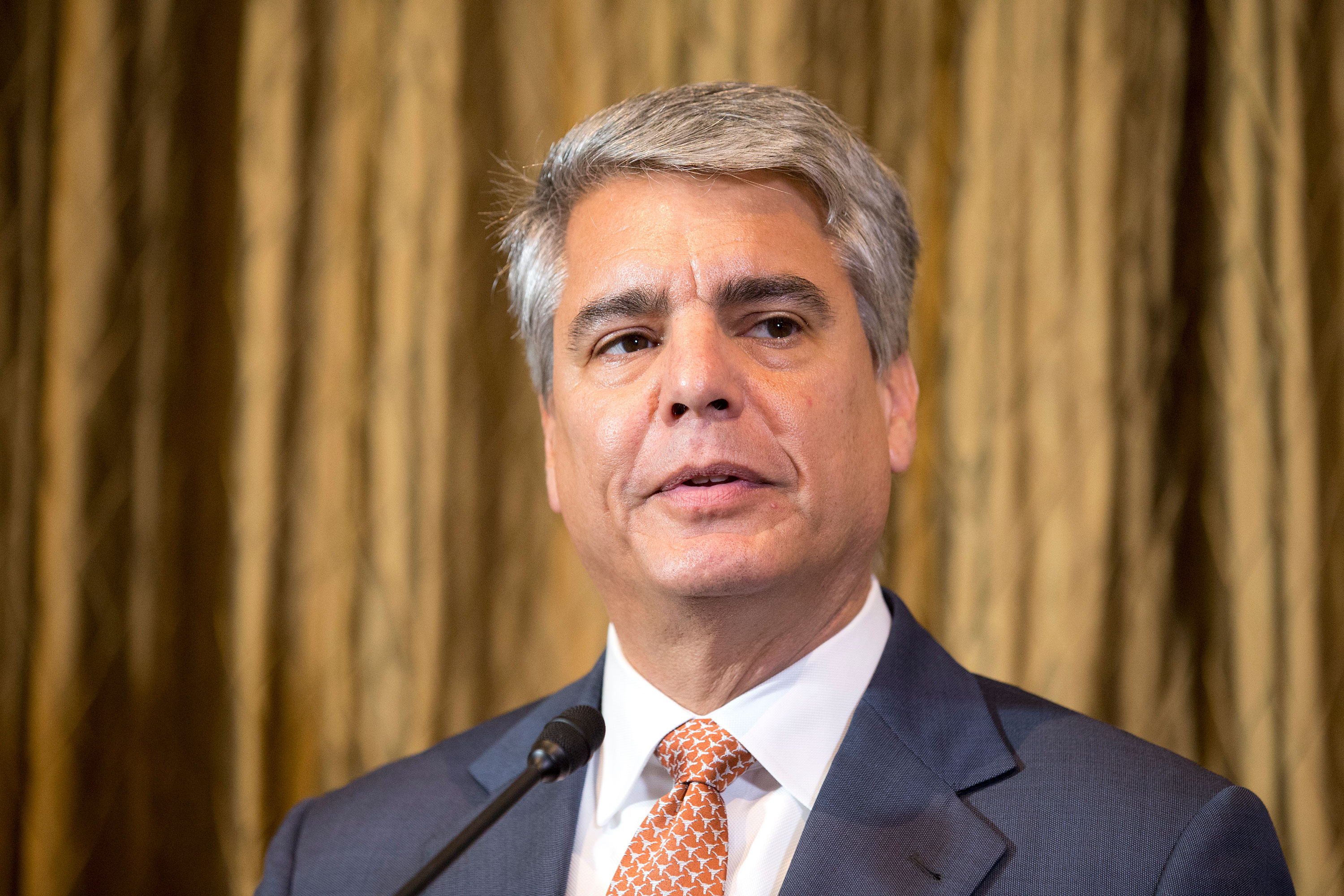
Emory University's College of Arts and Sciences faculty senate overwhelmingly approved a vote of no confidence against university President Gregory L. Fenves on Friday. The vote is a condemnation of the choice to call in outside law enforcement officers who violently arrested both students and faculty during a pro-Palestinian protest on campus last week.
The faculty voted on a motion of no confidence and demand for redress. The result was 358 votes in favor of the motion and 119 votes opposing the motion. About 75% of the College of Arts and Sciences faculty voiced displeasure against Fenves.
The vote is a symbolic gesture and is not legally binding. The results of the vote will now go to the Board of Trustees, who have the discretion to remove Fenves.
The motion also called for all the charges against faculty and students to be dropped and for the Emory University to pay all legal expenses.
Philosophy Chair Noëlle McAfee, who was among the individuals detained during Thursday's arrests, told CNN in a phone call, that she does not have confidence that the board of trustee will remove Fenves.
"If the board ignores it, it sets up a real bad future for the university," McAfee said.
In the motion of no confidence, faculty wrote that Fenves’ words and actions “do not represent the values of ECAS Faculty and the College of Arts and Science.”
“What was disruptive — profoundly so — was the conduct of the University administration that violated multiple College and University policies and is an affront to everything Emory stands for,” the motion said.
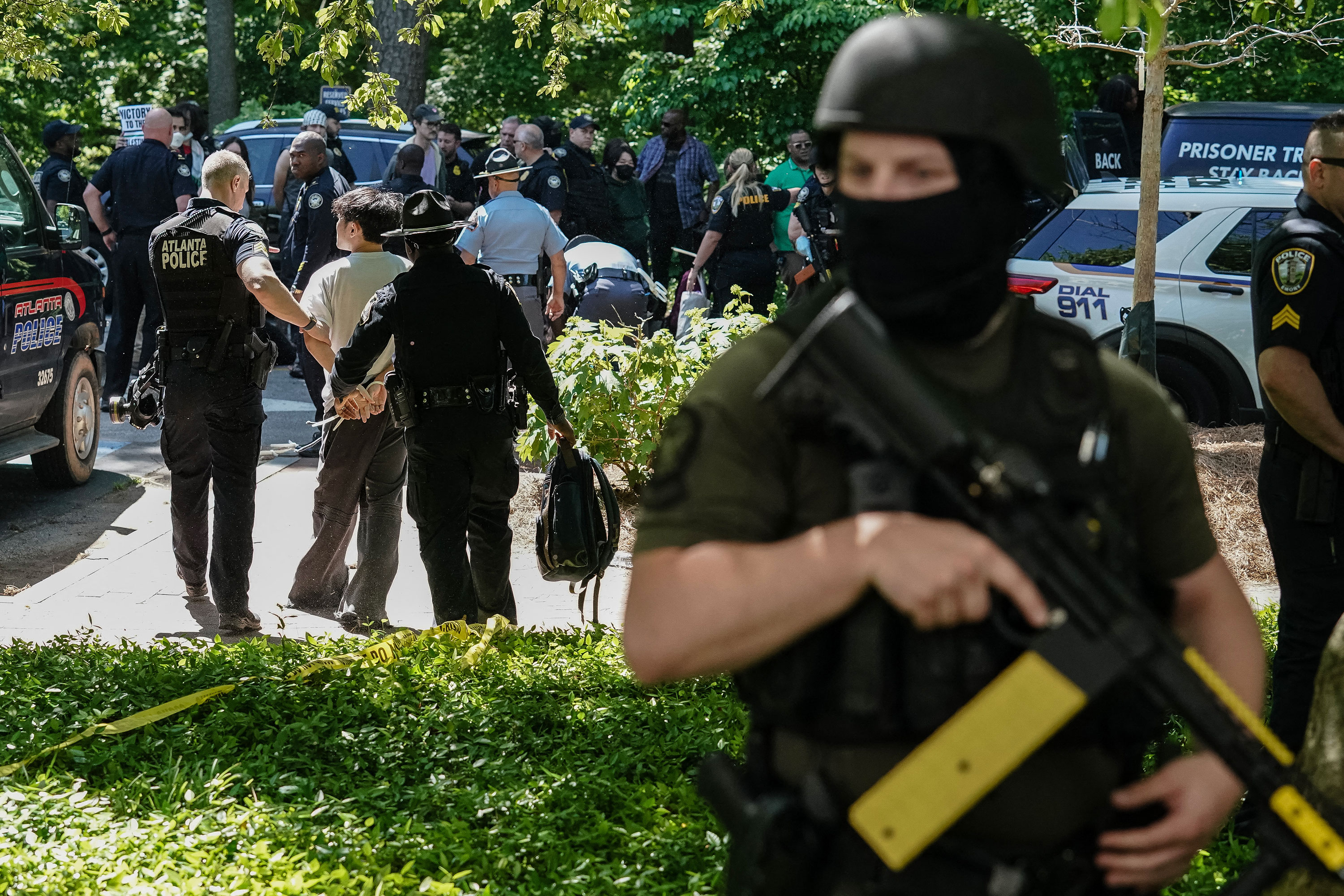
On the day of the protest, Fenves said in a statement, saying “several dozen protestors entered our Atlanta campus and set up an encampment on the Quad, These individuals are largely not affiliated with Emory and were disrupting the university,” suggesting the protest was organized by outside agitators.
Fenves later walked back the statement, apologizing for the “mischaracterization” that protesters were not students.
“Based on the information we had early Thursday morning, we determined that the individuals who constructed the encampment on our Quad were not members of our community. It is clear to us now that this information was not fully accurate, and I apologize for that mischaracterization,” Fenves’ later statement said.
There were 28 individuals arrested during the protest last Thursday. Of those, 20 were Emory community members the university said in a statement from Cheryl Elliott, Vice President for Public Safety. At least two faculty members were detained during the arrests.



